Alzheimer’s targets brain cells that help keep us awake!
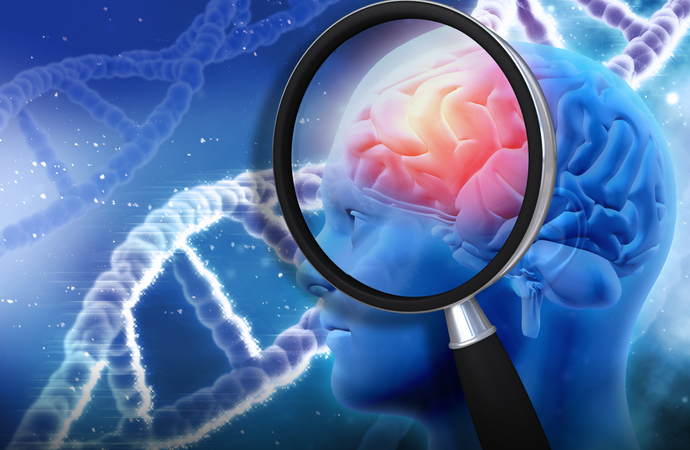
Alzheimer’s disease destroys the command centers in the brain that keep people awake, a finding that could explain why the disease often causes daytime sleepiness. Sleep problems can precede dementias, including Alzheimer’s, sometimes by decades, but the new study suggests that sleep disturbances aren’t just an early harbinger of Alzheimer’s, sleep problems instead they are part of the disease according to neuropathologist.
Scientists focused on the brain stem and a structure located above it called the hypothalamus. Together, these parts of the nervous system oversee crucial jobs like keeping people awake and alert. Although important, the brainstem and its neighbors have been largely overlooked in dementia studies. In particular, the researchers looked for evidence of tau, a protein that can form tangles within nerve cells, in postmortem brains of people who died with Alzheimer’s disease.
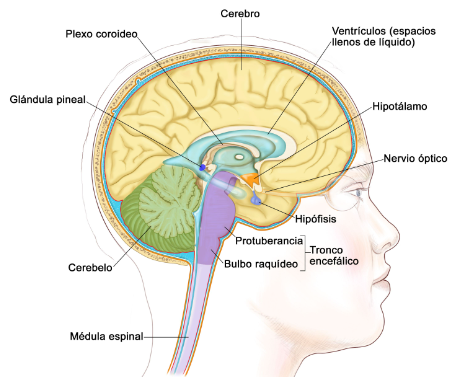
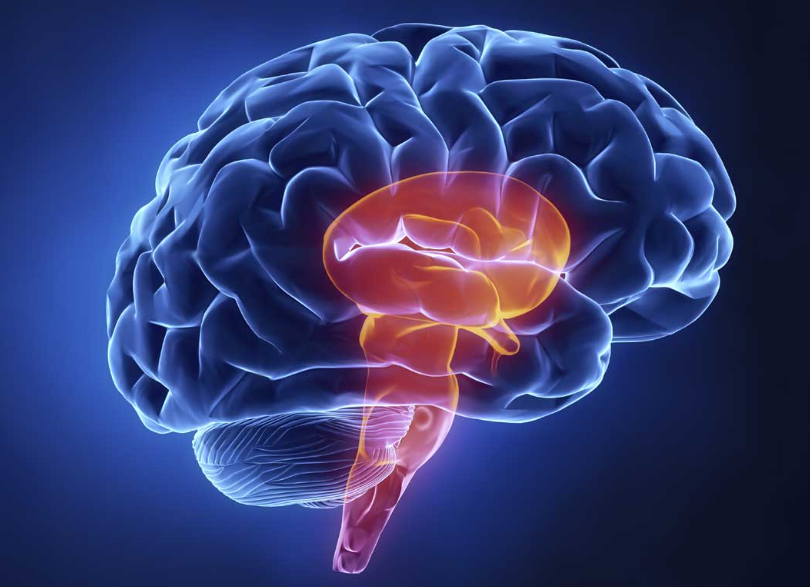
The team found that three small regions of the hypothalamus and brainstem, which usually contain nerve cells that keep people awake during the day, were full of tau and two of the three areas had lost more than 70 percent of their nerve cells or neurons. That destruction could be part of the reason why people with Alzheimer’s disease often feel tired during the day, even if they slept the night before.
The findings may fundamentally refocus dementia research on the centers of sleep and wakefulness in the brainstem. A clearer understanding of how, when and where Alzheimer’s first attacks the brain could lead to better ways to identify the disease early and ultimately even stop the damage. The current study included samples only from people with late-stage Alzheimer’s disease; scientists are beginning a broader study of brain tissue from people in multiple stages of Alzheimer’s disease, hoping to detect exactly when neurons in these wakefulness-promoting pockets begin to deteriorate.
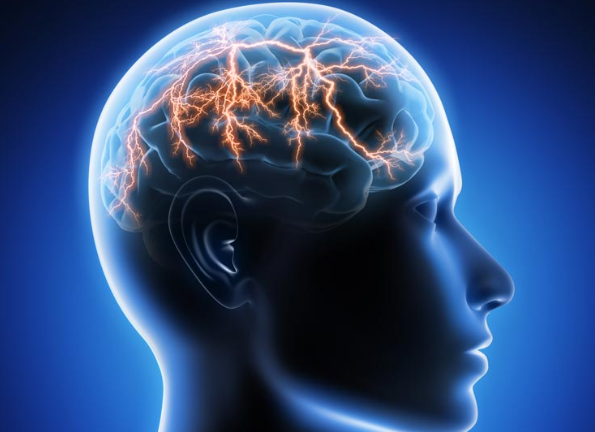
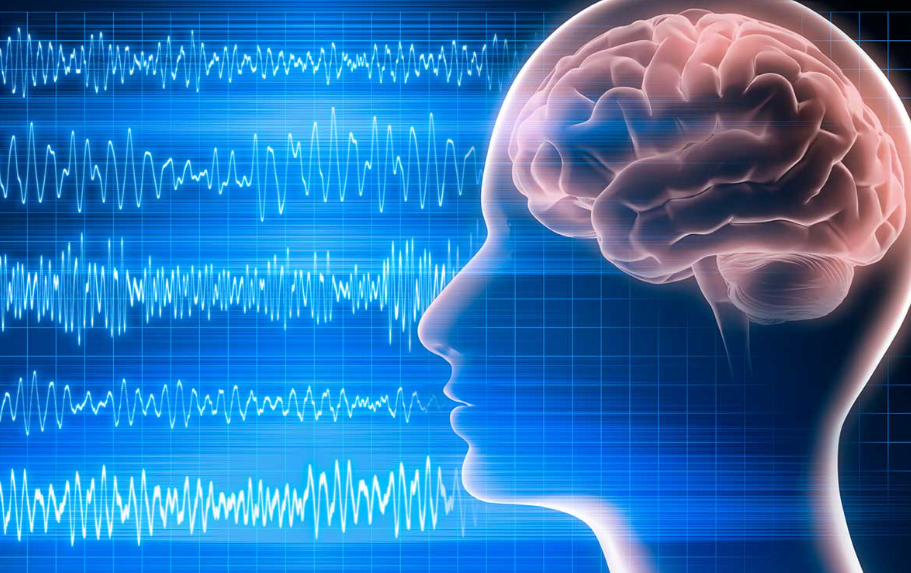
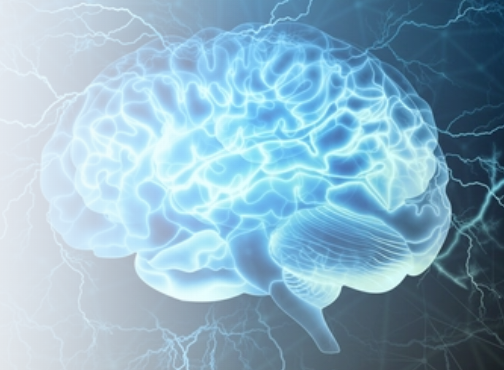

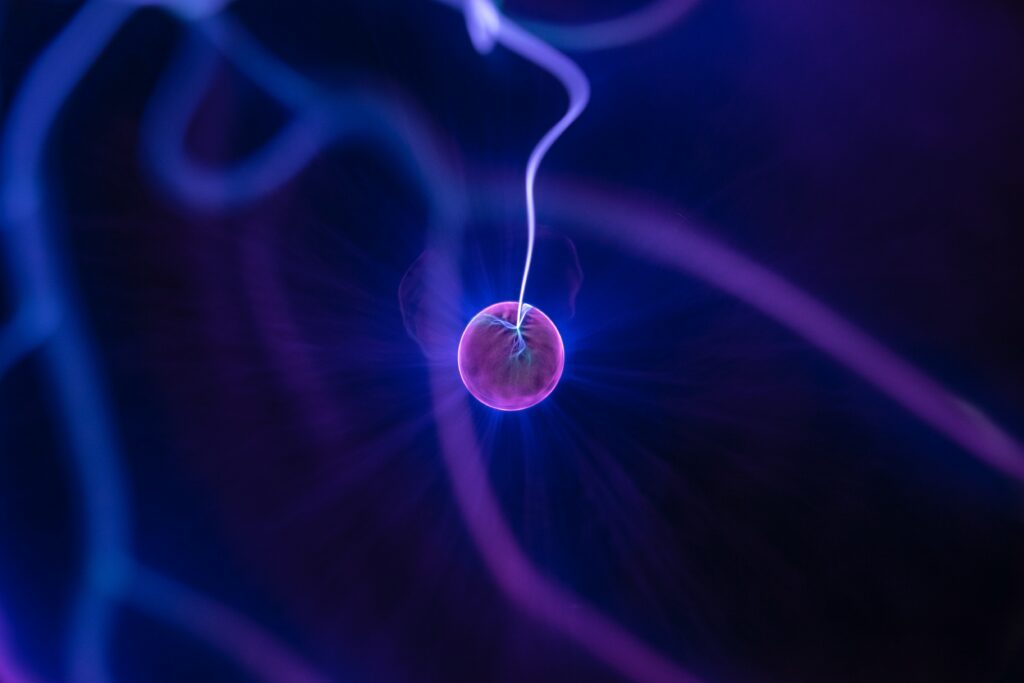
Responses